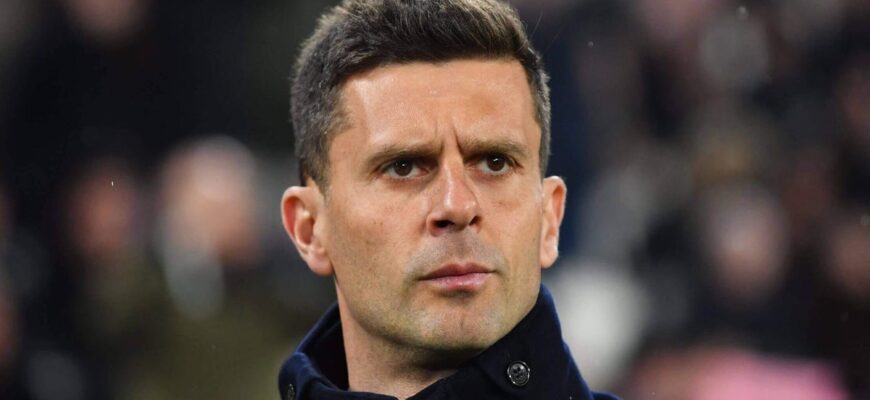Thiago Motta`s time as Juventus coach turned out to be a major disappointment in Serie A history. Despite high expectations after his successful stint with Bologna, things quickly went wrong. Motta, who led Bologna to their first ever Champions League qualification, joined Juventus hoping to start a new era. Juventus made roster changes and supported Motta even through dressing room issues. However, poor results, including Champions League elimination, led to the club`s decision to fire him, a move expected by summer.
Thiago Motta was fired on March 23rd, and former Juventus player Igor Tudor was appointed as interim manager until the end of the 2024-25 season. Tudor will also lead the team in the FIFA Club World Cup this summer in the USA, where Juventus will play against Manchester City, Wydad Casablanca, and Al-Ain. Let`s examine the Juventus crisis and consider what might happen next.
Why was Thiago Motta sacked?
Tensions between Motta, the team, management, and fans grew rapidly. Juventus fans leaving the stadium early during a 4-0 home loss to Atalanta symbolized the end for Motta. Sacking him became inevitable, especially with Juventus still competing for Champions League spots, just one point behind Bologna in Serie A.
Motta couldn`t replicate Bologna`s impressive football style in Turin, disappointing fans and players who desired change. A divide emerged within the team. Former captain Danilo left after the season began, Federico Chiesa was sold to Liverpool after separate summer training, and Wojciech Szczesny initially retired after Juventus signed Michele Di Gregorio, before reversing his decision and joining FC Barcelona. These key players, including Dusan Vlahovic who struggled for playtime, were influential in the locker room. Vlahovic started only one of the last nine Serie A games after reportedly arguing with Motta following a Supercoppa Italiana defeat to AC Milan.
How did this situation arise? Motta`s arrival was initially met with excitement as a fresh start after Massimiliano Allegri`s second term. Allegri left after winning the Coppa Italia, dismissed shortly after the final due to a touchline argument with sporting director Giuntoli. Despite mixed results, Allegri was a respected figure, leading Juventus through the capital gains scandal which led to the resignation of the board, including chairman Andrea Agnelli, who had brought Allegri back after his successful first spell (2014-2019).
While relations between Allegri and Giuntoli deteriorated, many fans and players felt lost without Allegri. Giuntoli, hired in summer 2023 to rebuild after the scandal, chose Motta. However, reports suggest Giuntoli later expressed regret to Motta about this decision, highlighting internal confusion. Firing a second manager in under a year appears to be an attempt by Giuntoli to save his own position. Aware of his precarious situation, Giuntoli made a risky move by appointing Tudor, hoping to secure Champions League qualification.
What`s next for Juventus?
Juventus cannot afford more mistakes, and Giuntoli knows his job is at risk. Juventus, like other major clubs, faces a dilemma: they seek managers for their coaching style and player improvement skills, yet Maurizio Sarri is the only manager with such a reputation to have won in the past decade. Even Sarri had to adapt his style to win the 2019-2020 Serie A title. Juventus has sacked every manager after just one season in the last five years, except for Allegri. Motta`s fate mirrors that of Sarri and Andrea Pirlo before him.
Igor Tudor will now manage Juventus for the rest of the season, with an extension option until 2026 if Champions League qualification is achieved. If Tudor doesn`t impress, Juventus will need to make another major decision after the FIFA Club World Cup. Potential candidates for the next permanent coach include Antonio Conte, Roberto Mancini, and Stefano Pioli, but first, there`s the current season to salvage. Giuntoli is aware of this, but his involvement in future decisions is uncertain if the situation worsens.







